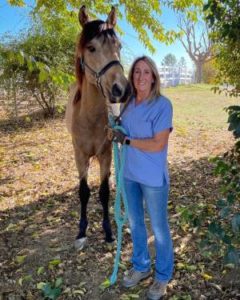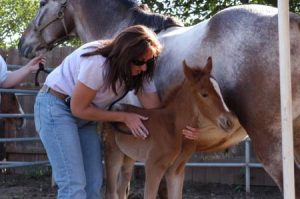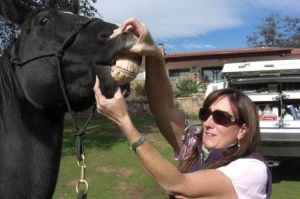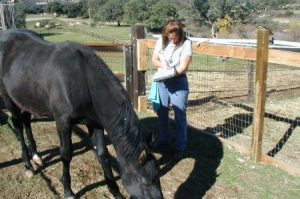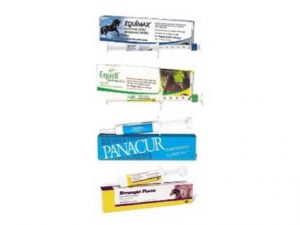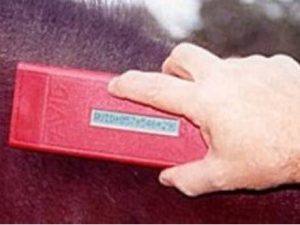
WEST NILE QUESTIONS ANSWER …
- I have a new horse with no vaccination history, how should I proceed?
If no history is known it is safest to assume previous vaccinations have NOT been given and give the two shot series of the Fort Dodge West Nile or one of the Intervet Prevnile to establish protective titers. In some cases a simple phone call to the previous owner to establish past vaccination history can be helpful in creating a vaccination protocol for your new horse.
- Can pregnant mares be vaccinated?
Yes, there is NO scientific evidence that West Nile vaccinations cause abortions or deformities.
- What age should I begin vaccinating foals?
The American Association of Equine Practitioners (AAEP) recommends that foals start the vaccination series for West Nile at 5-6 months.
- Is West Nile infection treatable?
There are several treatments aimed at minimizing symptoms and arresting progression. At this time there is no specific cure for the disease. While some horses make a complete recovery, others survivors may have long term deficits. Approximately 33% of horses that contract West Nile disease will die or be euthanized.
- There is a horse in my barn diagnosed with West Nile, is my horse at greater risk?
West Nile virus is not transmitted from horse to horse. Horses are known as “dead-end hosts”. This means that horses do not create enough virus particles for mosquitoes to transmit West Nile virus from an infected horse to a healthy horse. However the conditions in your area may be right for local birds to carry the disease. Your best protection is proper vaccinations and strict mosquitoe control measures.

